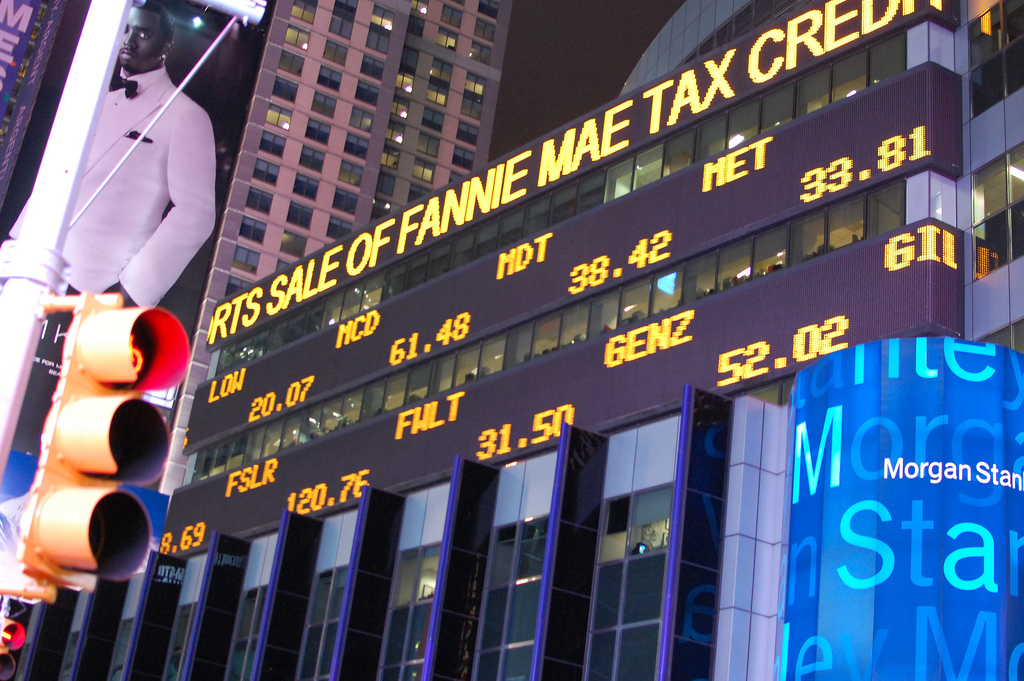Future of Investing
Excessive fees plague fund reporting; will new rules fix the problem?
- Funds pay an estimated $100m each year for shareholder reports to broker-held accounts.
- The SEC’s proposed rule constitutes its most significant change to investment company reporting in 10 years.








